While math, science, and language arts take priority, homeschoolers should not overlook the immense educational value of classical music instruction. Studying the technique and theory behind this sophisticated art form accelerates brain development, strengthens performance skills, and introduces children to cultural traditions and history.
Sharpens Concentration and Memory
Mastering intricate classical repertoire demands focused discipline. Students learn to:
– Hone active listening and auditory discrimination skills.
– Improve visuospatial reasoning as they read musical notes.
– Develop memorization techniques to internalize long-form pieces.
– Train motor coordination through instrument technique.
This strengthens mental stamina, retention, and attention span—skills that boost all learning.
Fosters Appreciation for Nuance
Classical music emphasizes subtlety and emotional nuance. Students grow attuned to delicate variations in:
– Articulation, phrasing, and expression
– Harmonies and chord progressions
– Tempo, rhythm, and dynamics
– Instrument tones and timbres
This refinement of ear trains careful listening applicable across subjects.
Provides a Creative Outlet
Classical training allows intellectual, creative students to:
– Channel mental energy into a constructive, fulfilling artistic pursuit.
– Stretch their imagination interpreting emotive themes.
– Achieve satisfaction by mastering self-expression through a beautiful art form.
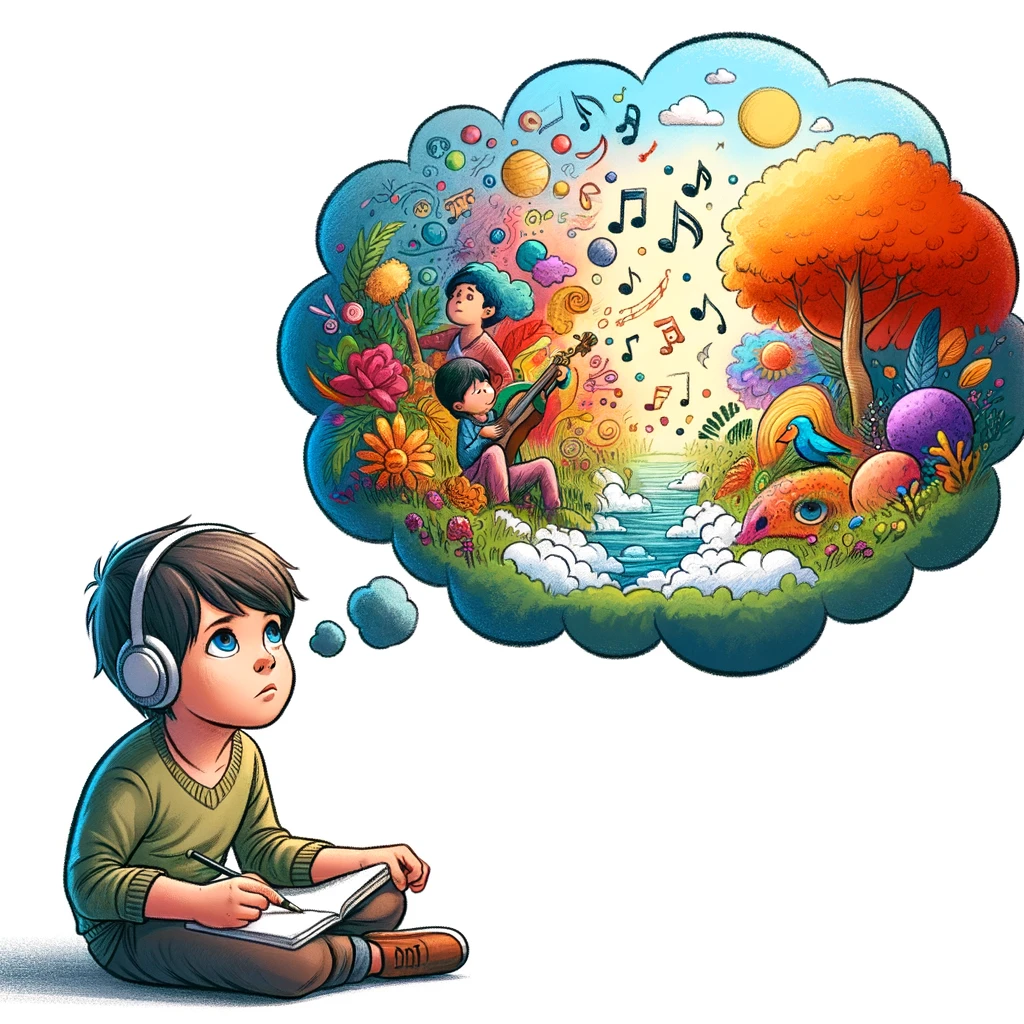

Growth Mindset Through Perseverance
Learning challenging classical pieces instills grit. Students learn to:
– Break down big goals into manageable steps.
– Refine skills through diligent, targeted practice.
– Bounce back after setbacks with determination.
– Celebrate small wins and big breakthroughs.
This cultivates a lifelong growth mindset.
By discovering the technical complexity behind classical masterpieces, homeschoolers can enrich their academic journey far beyond the core curriculum.

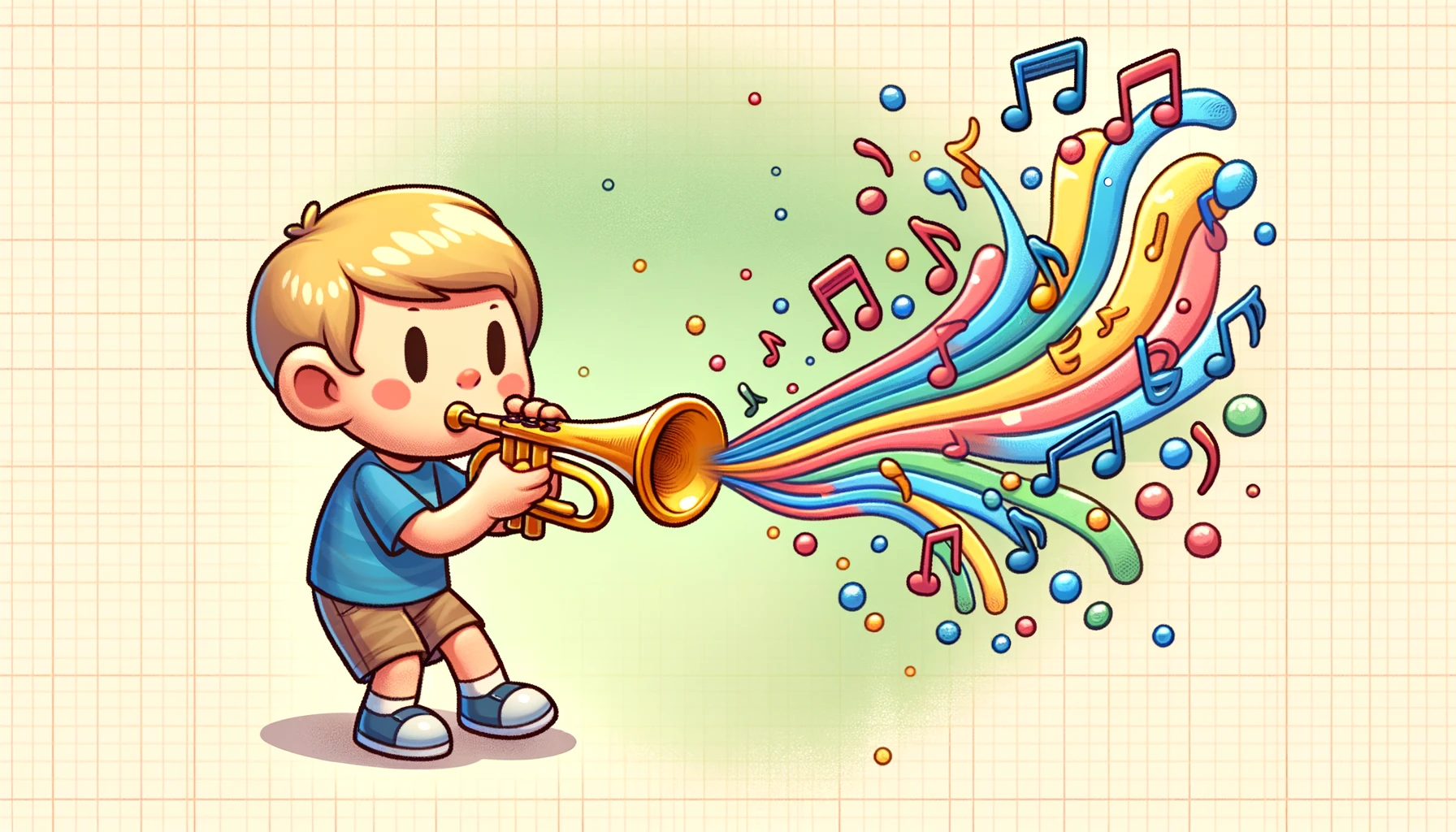
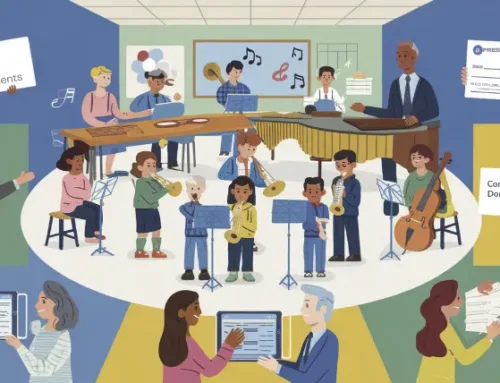
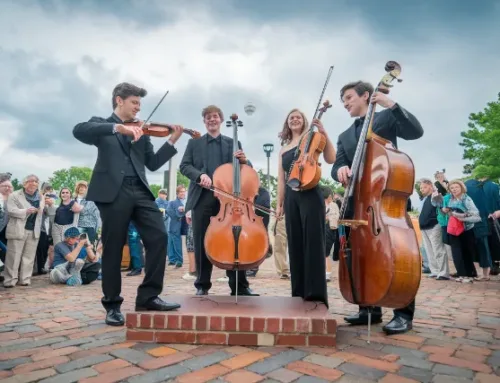
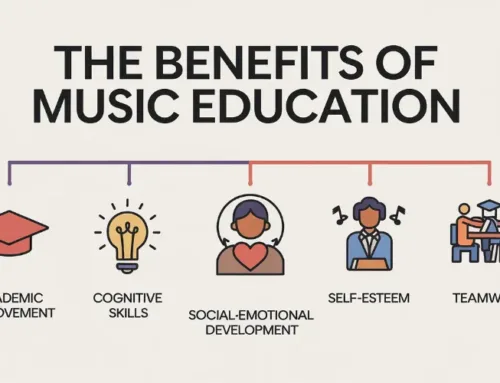


Leave A Comment
You must be logged in to post a comment.